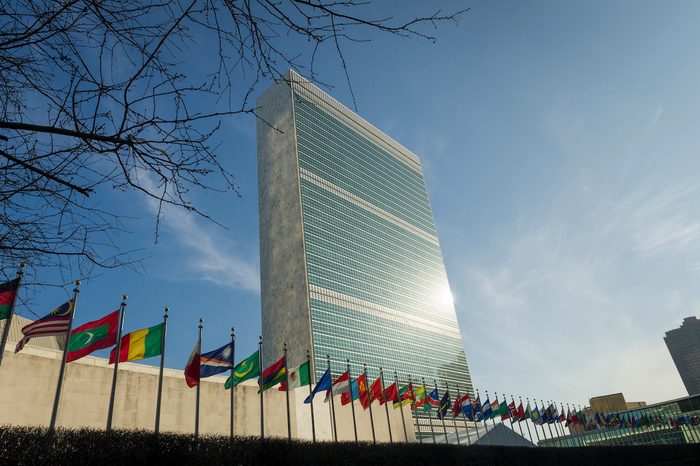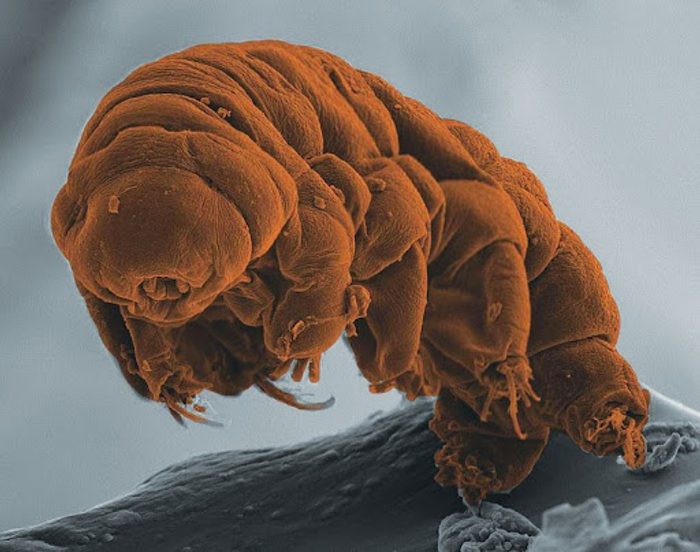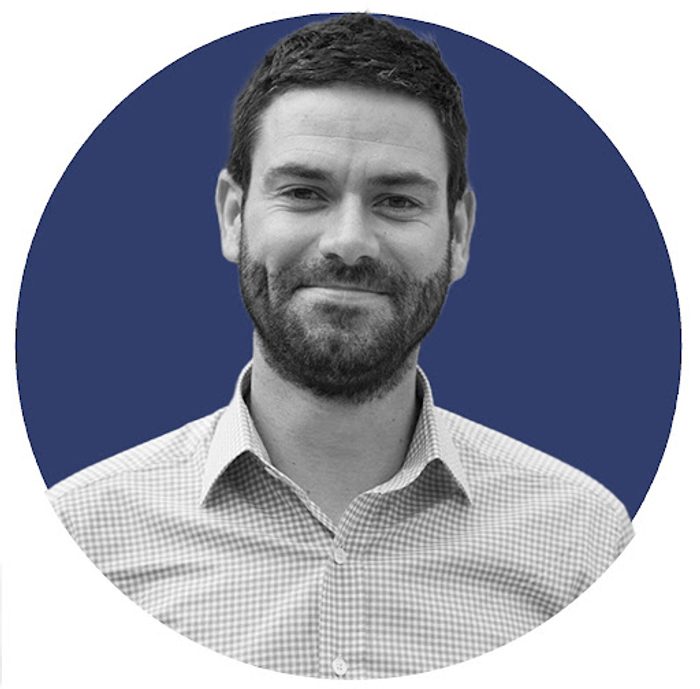Hello, this is Michelle and today we’re taking an exclusive peek into the attendees list for the UN General Assembly, as pressure mounts for presidents and their delegations to stay at home.
As a continuation to our water series, hydropolitics expert Christian Brethaut tells us how water can be a powerful tool for peace. Plus, we hear calls from civil society groups to delay Cop26, citing growing constraints for developing countries hoping to attend. |

|

The secretariat building at UN headquarters in New York, 2017. Starting next week, member states will meet either virtually or in-person for their annual assembly. (Credit: UN Photo/Rick Bajornas)
|
|
🇺🇳 UN key gathering mired in uncertainty.
This year’s UN General Assembly could make or break the future of in-person meetings at the UN headquarters in New York. As the threat of the Delta variant in the US still looms large, many countries will likely wait until the last minute to confirm their plans as to whether to travel to the UN next week. Geneva Solutions and PassBlue take a look at what to expect and who has RSVP’d so far.
Geneva Solutions (EN)
|
|
🌎 Pressure grows for delay of climate talks.
Environmental organisations have urged the UK government to push back Cop26, as travel restrictions and uneven vaccine access risk limiting participation from developing nations. The host country has responded by promising to foot the bill for delegations that will have to quarantine, and to hand out shots for those who can’t be vaccinated beforehand. Geneva Solutions
Geneva Solutions (EN)
|
|
|
💧🕊️ Water for peace.
The full potential of water as an instrument for peace and cooperation remains untapped, writes Christian Brethaut, scientific director of the Geneva Water Hub and co-director of the UNESCO Chair in Hydropolitics at the University of Geneva, in this introduction to our water series.
Geneva Solutions (EN)
|
|
Here's what else is happening
|
|
Science & diplomacy reads by GESDA
|
|

Scanning electron microscope image of Ramazzottius varieornatus. (Credit: ©Kazuharu Arakawa and Hiroki Higashiyama/C&EN)
|
|
Science is fascinating, and it is even more so when two fields, seemingly apart, collide.
In 2018, I met with Harvard geneticist George Church for an interview on genomics (to become a book). He mentioned this idea to implant genes from tardigrades into humans travelling on a long-haul journey to Mars. Why those tiny animals? Because they have been shown to be the first microorganisms to survive in space even if exposed to the harsh environment there, mainly from very damaging cosmic and extreme UV rays. And we talked about the possibilities of inserting those genes, with others, into our organisms with a new, simple and cheap but extremely powerful genome-editing tool called Crispr-Cas9.
Now, a team of scientists has just shown that using this method directly on the International Space Station is feasible, with success (read below). Along with the exponentially rapidly growing progress in the new space domain – take SpaceX building a rocket in less time than a good-old car –such advances open compelling perspectives for the future of space exploration, should it be made by humans. And this, even more when one notices that the researchers behind that discovery are… university students, having taken part in a space context!
- Olivier Dessibourg, GESDA
|

This selection is proposed by the Geneva Science and Diplomacy Anticipator
GESDA, working on
anticipating cutting-edge science and technological advances to develop innovative and inclusive
solutions for the
benefit of the planet and its inhabitants.
|
|
GS news is a new media project covering the world of international cooperation and development. Don’t hesitate to forward our newsletter!
Have a good day!
|

|
|
Avenue du Bouchet 2
1209 Genève
Suisse
|
|
|
| |











